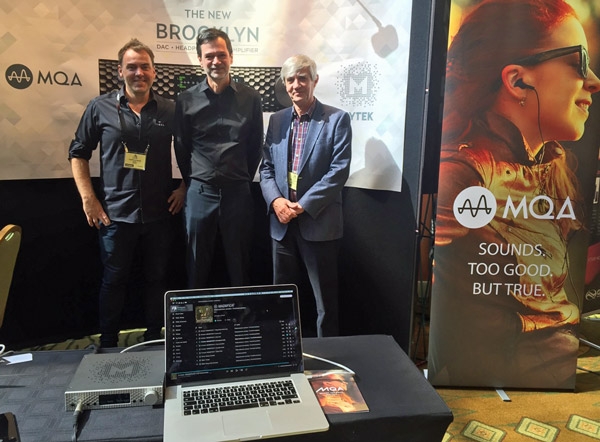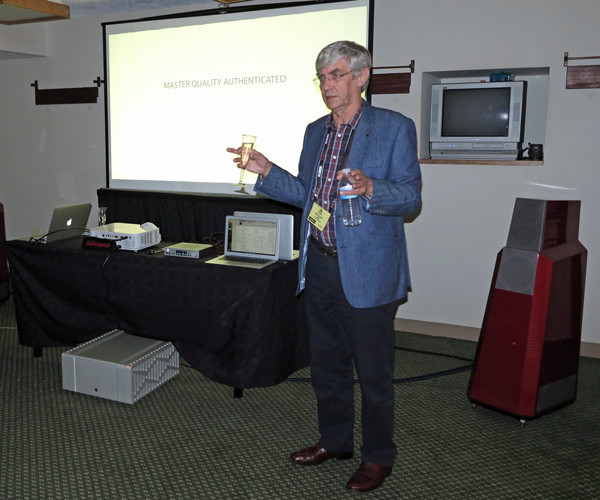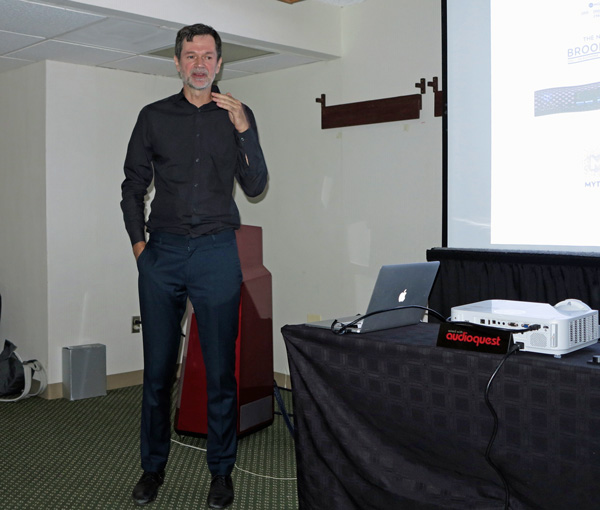| Columns Retired Columns & Blogs |
The most I've spent on a DAC or amp is $600 or so, since I mostly use portable gear. But I would pledge $2000 or more for an MQA DAC, if downloads of enough music are made available at an affordable price. Downloads of old "classic rock" albums with 1 or 2 tracks that I like, priced at $25-$30, would not constitute affordable music. So it's going to be jazz, classical, easy listening .... (sigh)












































